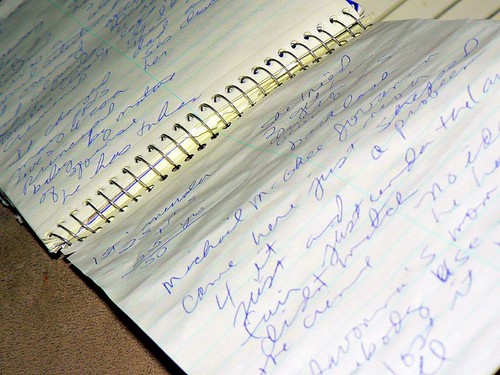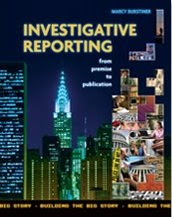That's the advice from investigative reporters who cover higher education. Here's some tips on what to ask and look for:- All emails sent to your college president or athletic director. That will tell you about all the problems people complain about.
- All public records of academic misconduct -- ask for every case for the last five years.
- A list of all public records requests. If lawyers are snooping for information because someone is thinking about suing, you will be able to get the same information.
- Sponsored research contracts: If you are at a public university and the professors do research using any outside funding, you can get a copy of the funding agreement -- what the money is to be used for, who is doing the funding and what, if anything, the funder gets in return.
- The Form 990: That's a form all non-profit private colleges must file with the IRS each year. They must also release it to the public upon request. On it they disclose how much they raise and spend, the people who are paid the most money, and all kinds of other nifty information. You can download a blank one for the year 2008 here. You can also get old Form 990s that your school filed at Guidestar. The service is free but you need to register.
- The athletics budget: Athletics at your school is probably subsidized. You can find out where the money is coming from (student fees?) and how it is spent.
- Retention rates: How many freshmen made it to sophomore year?
- Six-year graduation rates: Compare it against other schools in your system or state.
- Data from entrance and exit interviews: Many colleges interview students when they enter or graduate. You can find out what the school learns from these interviews.
And see if you can find phantom classes. Those are classes with high enrollment but no attendance that are designed to boost GPAs of athletes. When you try to visit you just get an empty class and there is no field trip of record.
First Off: Use maps and timelines to report your story not just to present it to readers.

That's the advice from Washington Post Sarah Cohen. She's the author of the book Numbers in the Newsroom which is a great guide for the math-challenged.
She said that more of us in journalism are mapping out information in our stories, but only towards the end of the information gathering process and only as a way to help explain the story to readers.
Instead, she said, map out your information as you get it, in the very beginning of your investigation. Why?
It will help you see where you physically need to go to report the story. Exactly where something happened and where it is still happening.
It can help you spot trends.
The same goes for timelines. "A chronology and a timeline is a great reporting tool," she said.
She gave this example: By getting the calendar for T om Ridge, when he headed the Department of Homeland Security, Washington Post reporters realized how little he worked. They color-coded days he was away on political trips and days he didn't work a full eight hours.
om Ridge, when he headed the Department of Homeland Security, Washington Post reporters realized how little he worked. They color-coded days he was away on political trips and days he didn't work a full eight hours.
When using visual tools like a map or timeline for investigating rather than presenting information to readers, it doesn't have to be pretty.

BUT... Be careful when deciding whether to publish the map or timeline you used as a reporting tool. You need to take the same care in publishing the visual elements as you would for scribbles in your notebook. Is the information accurate? Is it truthful? Can you tell the difference? Did it come from reputable, verifiable sources?
The Center for Campus Investigations was founded at Humboldt State University in 2007 as a place on the Internet geared to encouraging investigative reporting at the college level. Its mission is to give advice to student journalists and highlight and share investigative projects done by student journalists.
You can find us online at http://campusinvestigations.org
 You don't have to do an investigation alone. Think about teaming up with your student radio or TV station or other publications or student organizations on campus. Or consider whether your idea for an investigation would be relevant at other colleges and universities. If so, contact their student newspapers and see if they want to partner with you on an investigation. That's called Distributed Reporting.
You don't have to do an investigation alone. Think about teaming up with your student radio or TV station or other publications or student organizations on campus. Or consider whether your idea for an investigation would be relevant at other colleges and universities. If so, contact their student newspapers and see if they want to partner with you on an investigation. That's called Distributed Reporting.






